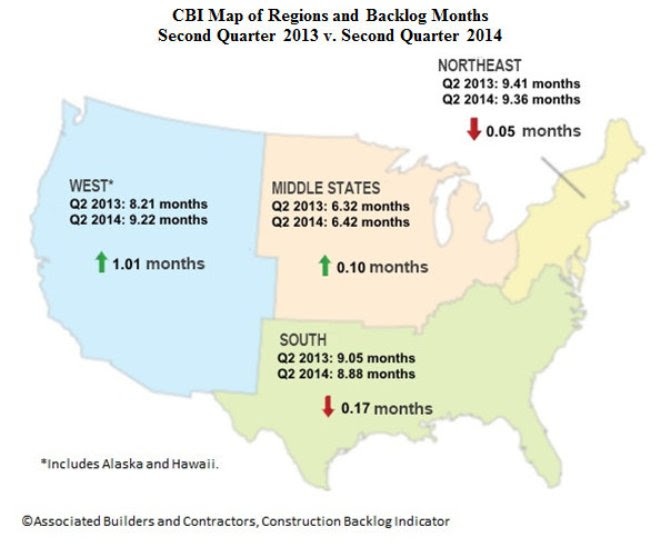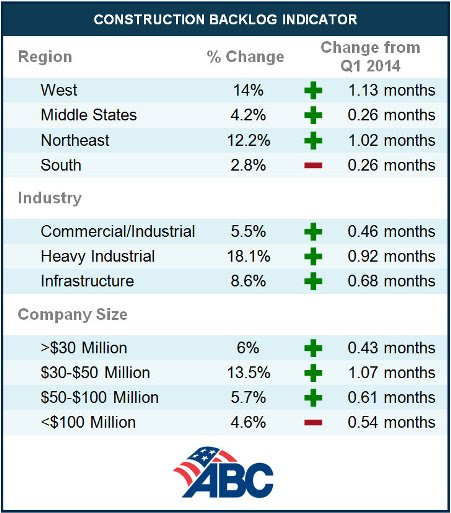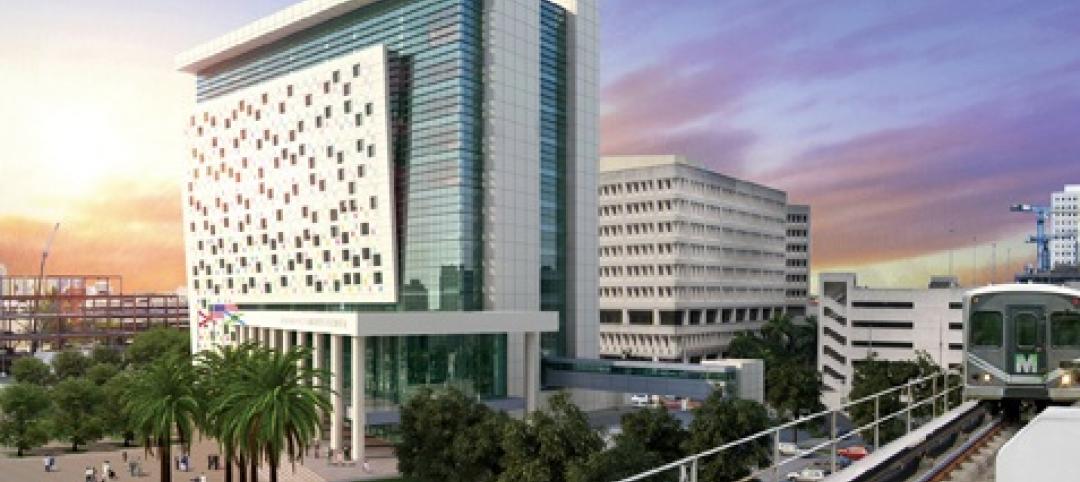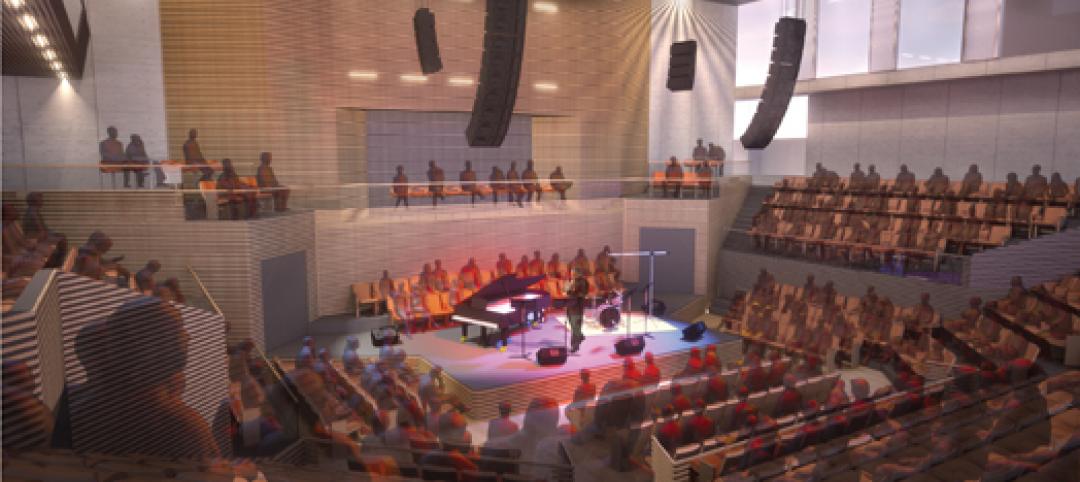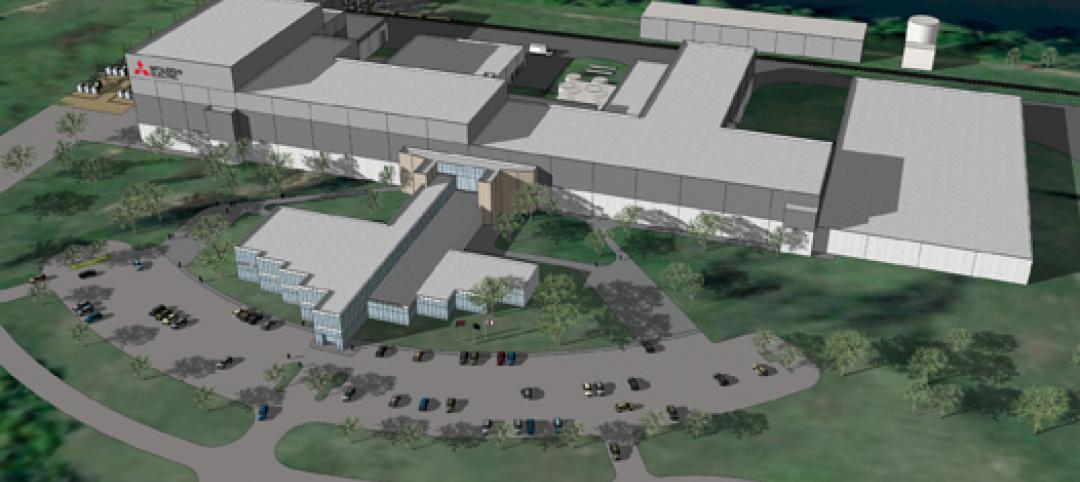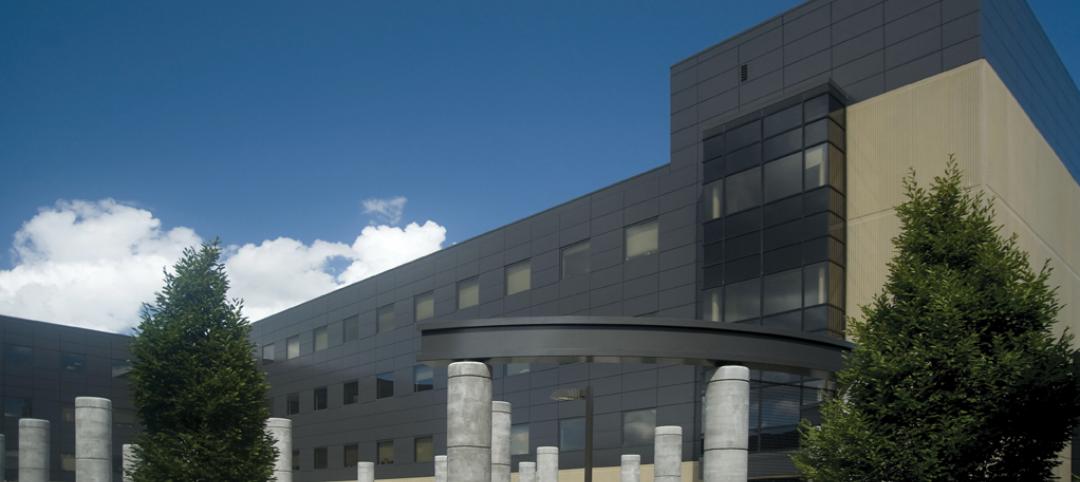Regional Highlights
- Backlog in the South has fallen just below 9 months, down from 9.14 months in the first quarter and from 9.05 months a year ago.
- The Northeast's backlog now stands at 9.36 months, which is still slightly below where it was this time last year (9.41 months), but an improvement from 8.34 months in the first quarter.
- Backlog in the Middle States is now at 6.42 months compared to 6.32 months a year ago and 6.16 months in the first quarter of 2014.
- The West's backlog stands at 9.22 months, up significantly from 8.21 months on a year-over-year basis and 8.09 months from last quarter.
Industry Highlights
- The commercial and institutional segment is just shy of its longest backlog recorded in CBI history at 8.90 months, up from 8.66 months one year ago and 8.44 months in the first quarter.
- Backlog in the heavy industrial segment gained nearly a full month from the first quarter and now stands at 6 months, up from 5.08 months in the first quarter and 5.8 months from the second quarter of 2013.
- Backlog in the infrastructure segment improved to 8.61 months from 7.93 months in the first quarter but is down from 8.96 on a year-over-year basis.
Highlights by Company Size
- The smallest firms, those with revenue less than $30 million, saw their backlog increase to 7.59 months, up from 7.16 months in the first quarter and 6.96 from the second quarter of 2013.
- Backlog from firms with $30-$50 million in revenue increased to 8.97 months, a significant increase from 7.58 months year over year and from 7.9 months from last quarter.
- Firms with revenue between $50-$100 million now have the longest backlog at 11.3 months, up from 10.69 months in the first quarter but down from 11.57 months a year ago.
- The largest firms, those with revenue over $100 million, saw their backlog decrease to 11.16 months from 11.7 months last quarter and 12.25 months a year ago.
Related Stories
| Apr 12, 2011
Miami courthouse design does justice to children and the environment
Suffolk Construction broke ground recently for the Miami-Dade County Children’s Courthouse, a $328 million project the firm has a 30-month contract to complete.
| Apr 12, 2011
Long-awaited San Francisco center is music to jazz organization’s ears
After 28 years, SFJAZZ is getting its first permanent home. The San Francisco-based nonprofit, which is dedicated to advancing the art of jazz through concerts and educational programs, contracted local design firm Mark Cavagnero Associates and general contractor Hathaway Dinwiddie to create a modern performance center in the city’s Hayes Valley neighborhood
| Apr 12, 2011
Mitsubishi commissions electric power manufacturing plant in Memphis
Greenville, S.C.-based design and construction firm O’Neal Inc. is providing design, engineering, procurement, and construction services for Mitsubishi Electric Power Products.
| Apr 12, 2011
BIM Grows Up: Separating Hype from Reality in a 3D World
While BIM adoption still lags in both design and construction, some enterprising owners, architects, and contractors are unlocking the potential of this dynamic technology.
| Apr 12, 2011
Metal cladding: Enhancing design with single-skin panels, MCMs, and IMPs
Single-skin metal panels, metal composite panels, and insulated metal panels can add both aesthetic and functional value to your projects, if you use them correctly.
| Apr 12, 2011
American Institute of Architects announces Guide for Sustainable Projects
AIA Guide for Sustainable Projects to provide design and construction industries with roadmap for working on sustainable projects.
| Apr 5, 2011
What do Chengdu, Lagos, and Chicago have in common?
They’re all “world middleweight cities” that are likely to become regional megacities (10 million people) by 2025—along with Dongguan, Guangzhou, Hangzhou, Shenzhen, Tianjin, and Wuhan (China); Kinshasa (Democratic Republic of the Congo); Jakarta (Indonesia); Lahore (Pakistan); and Chennai (India), according to a new report from McKinsey Global Institute: “Urban World: Mapping the economic power of cities”.
| Mar 22, 2011
San Francisco ready to test hiring law
San Francisco's new construction law, billed as the nation’s toughest local hiring ordinance, establishes strict requirements for how many work hours on city-financed projects must be completed by city residents, starting with 20% this year. It also requires that a set percentage of hours be performed by low-income workers. The requirements apply to municipal construction projects worth more than $400,000 within 70 miles of the city.



